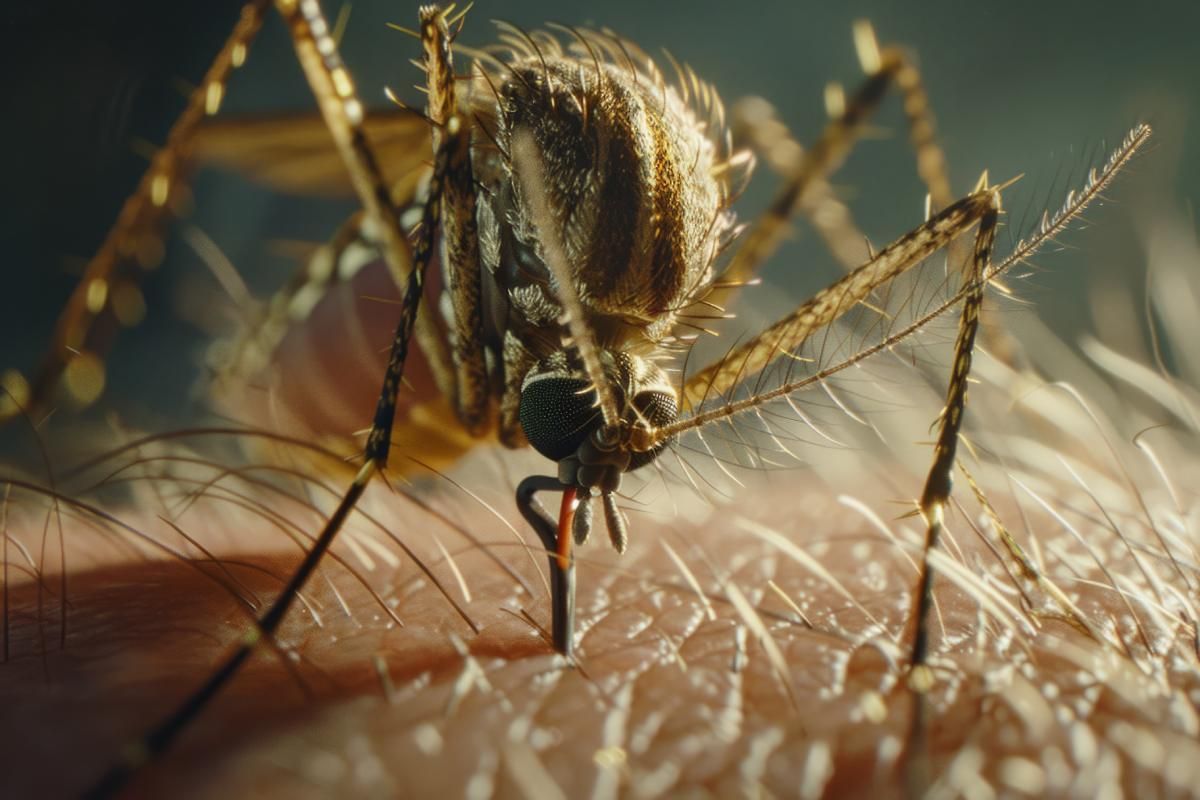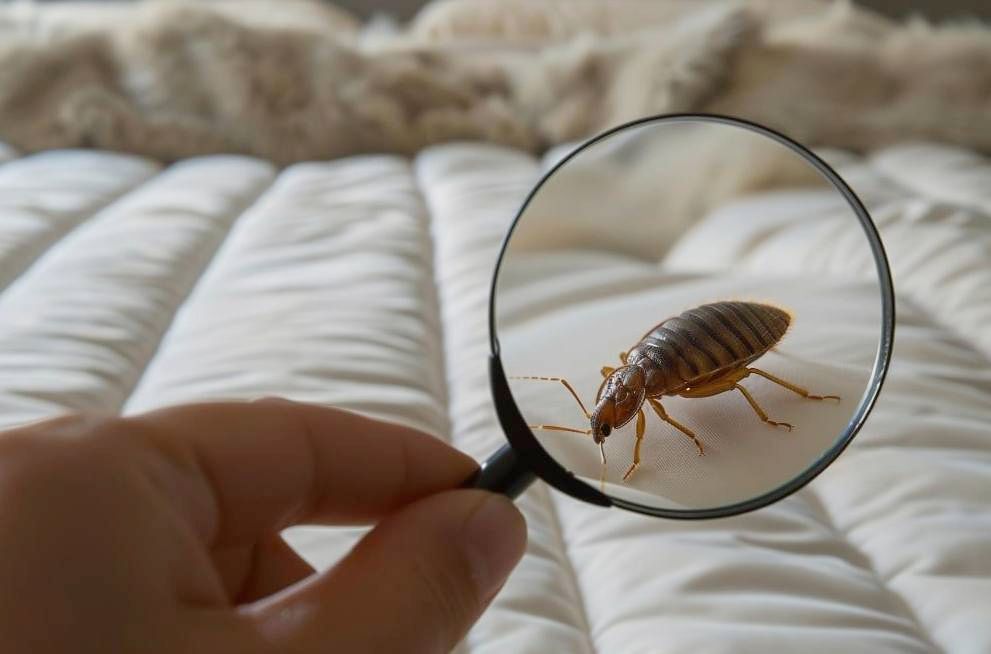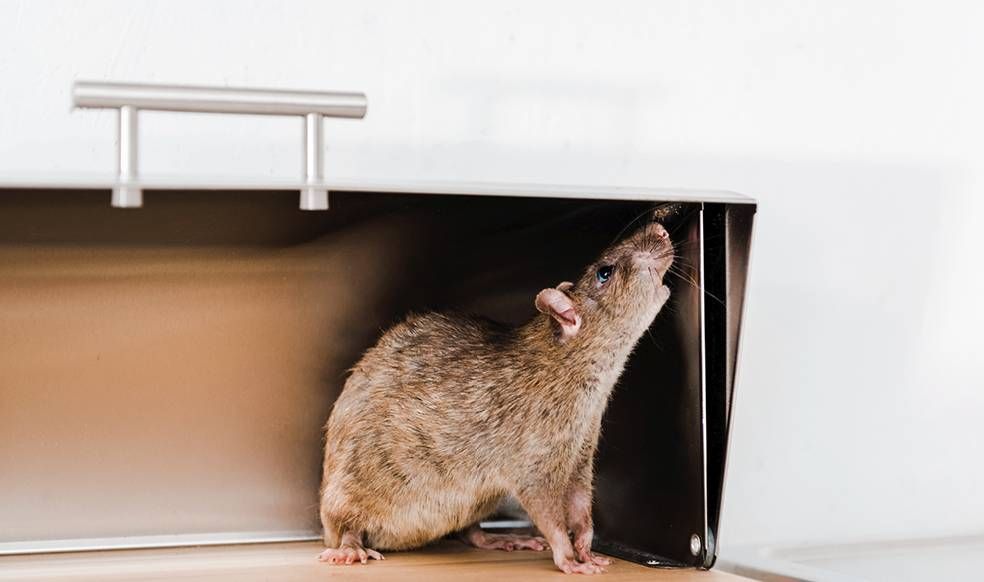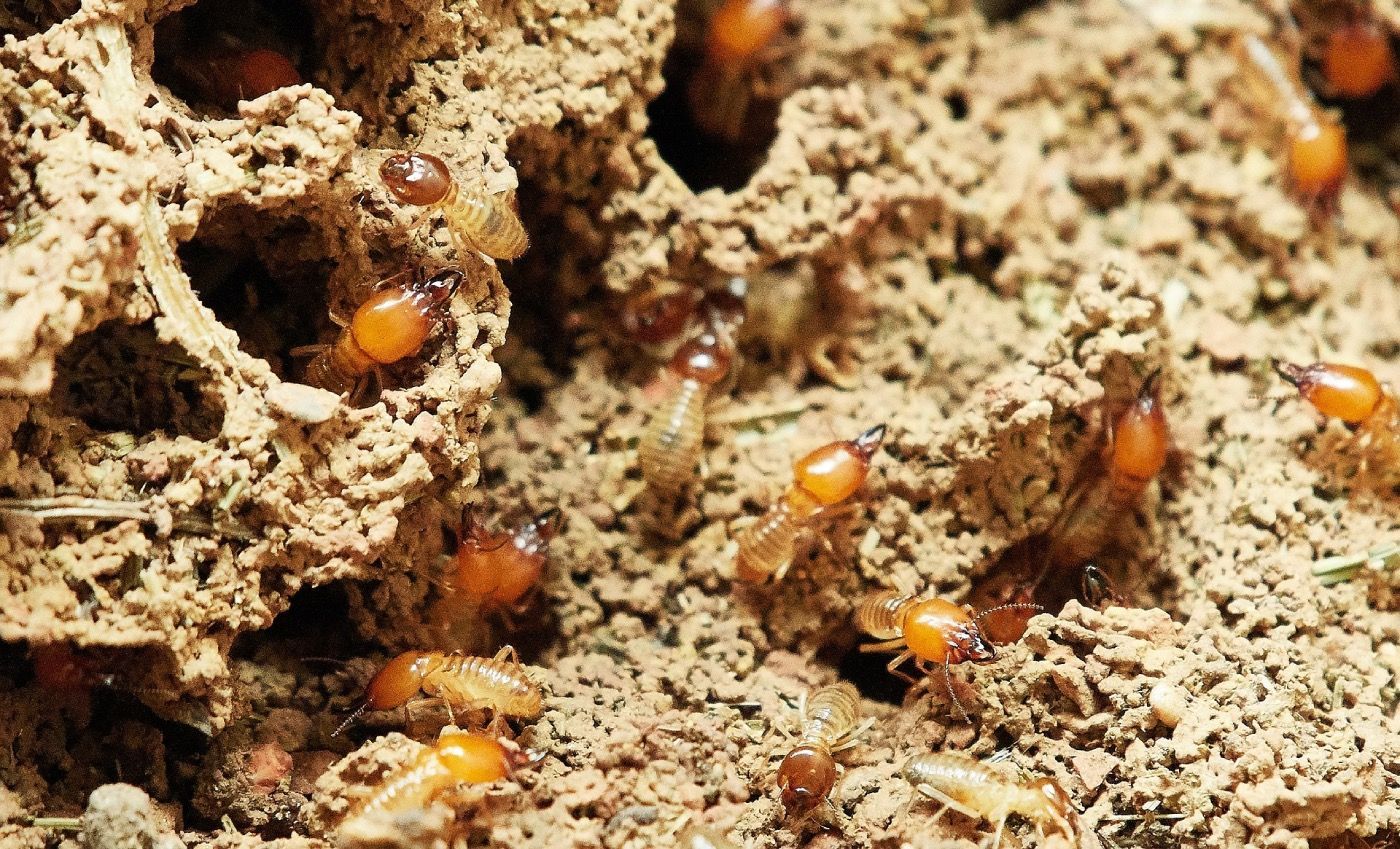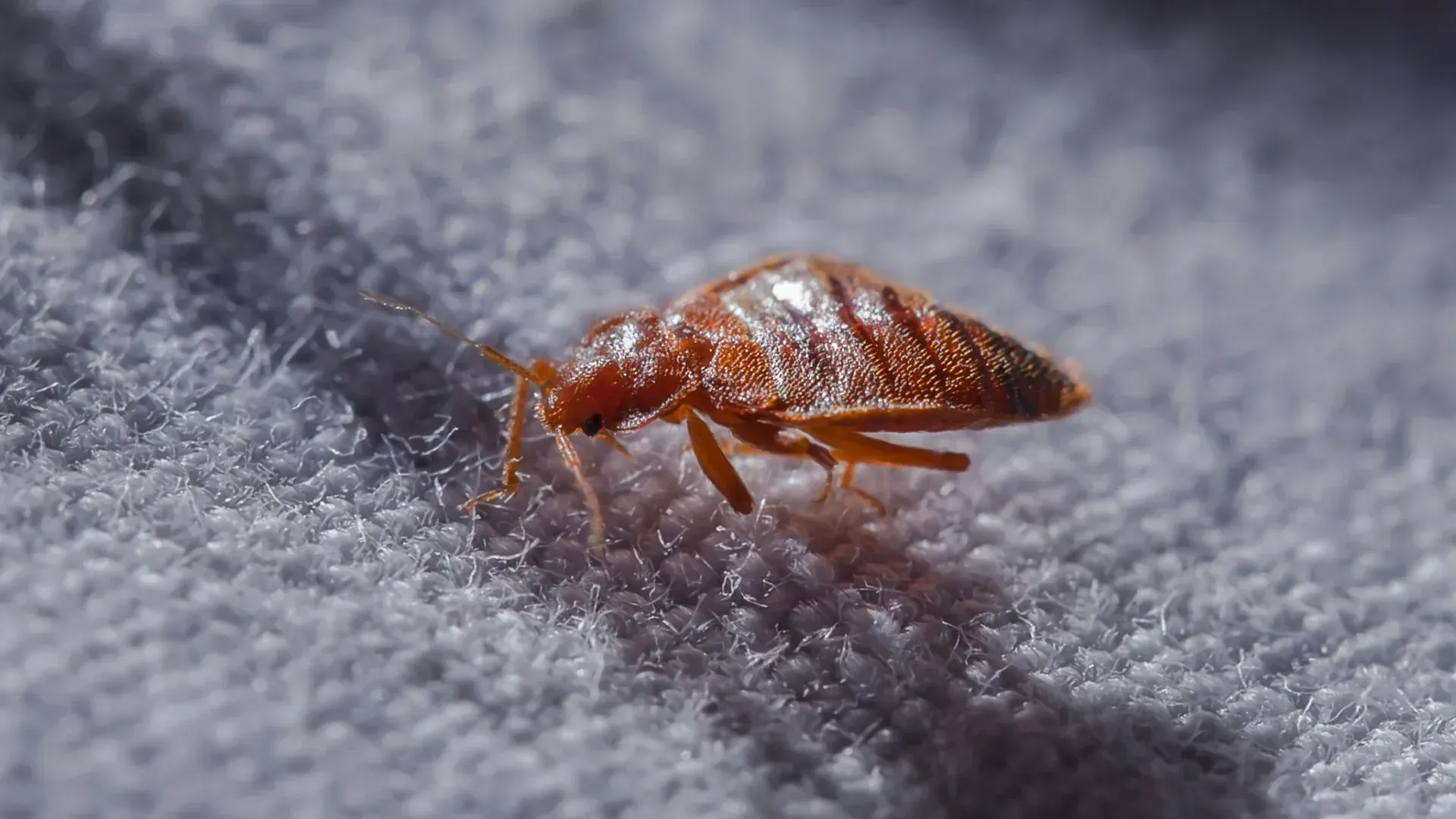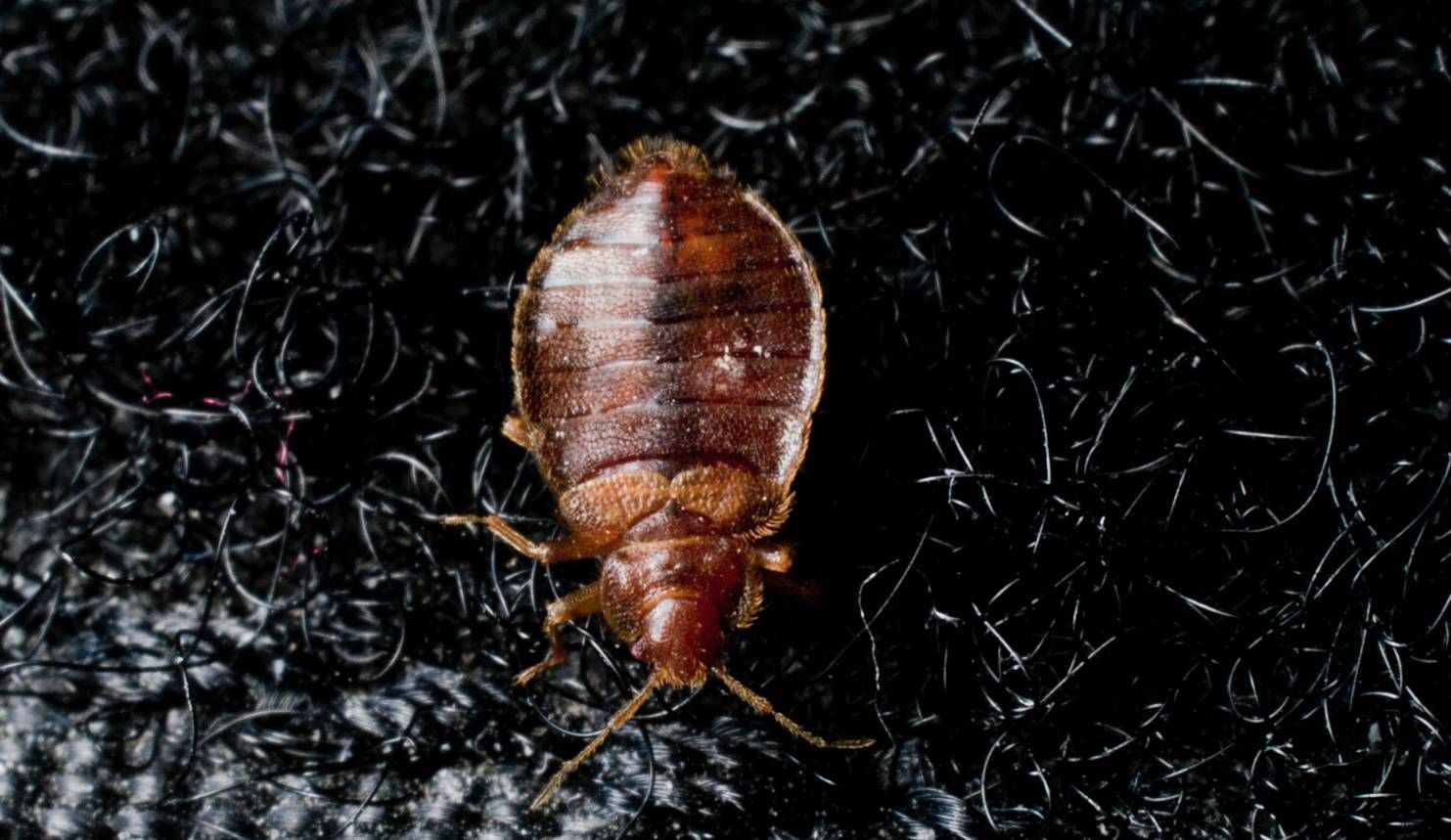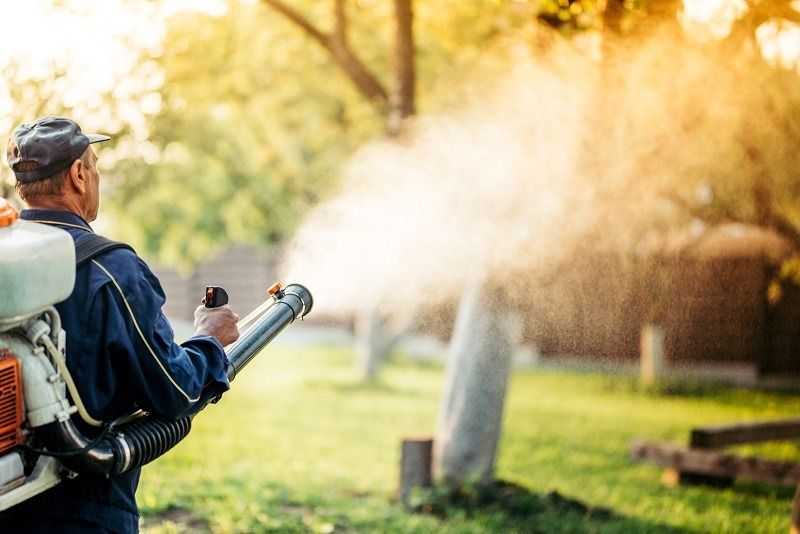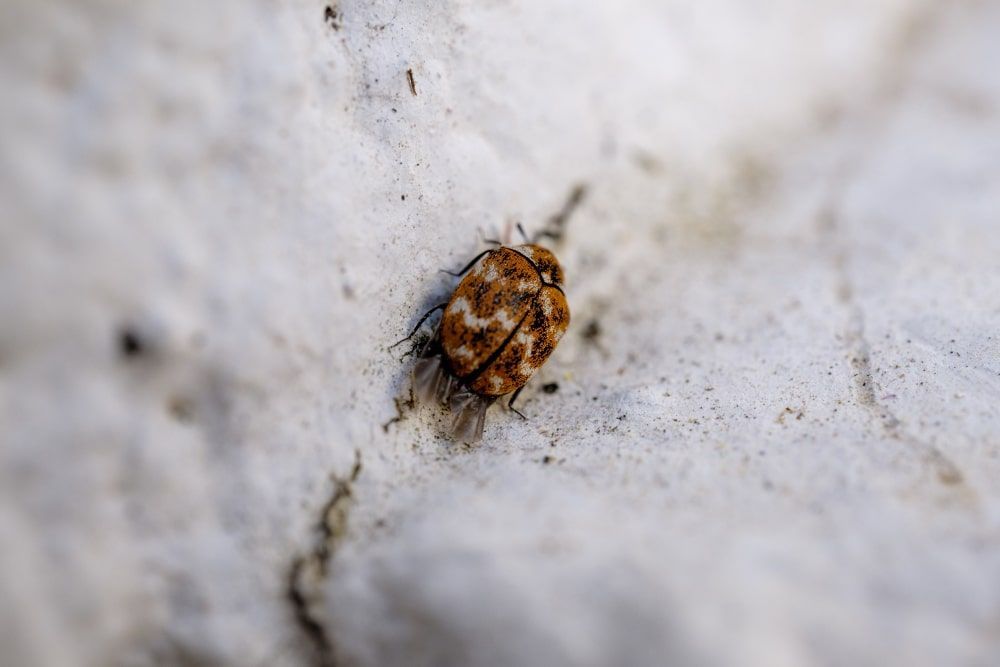Health Risks Associated with Mosquitoes in Fort Worth: What You Need to Know
Mosquitoes are not just pesky insects; they pose significant health risks to residents of Fort Worth, TX, and surrounding areas. Understanding these risks is crucial for taking proactive measures to protect yourself and your family from potential harm. Here’s an in-depth look at the health threats posed by mosquitoes in Fort Worth and the importance of effective mosquito control strategies.
Mosquito-Borne Diseases in Fort Worth
Mosquitoes in Fort Worth pose significant health risks by transmitting several diseases through their bites. These diseases include:
- West Nile Virus (WNV): Fort Worth has reported cases of West Nile Virus, which can lead to fever, headache, body aches, joint pains, vomiting, diarrhea, and in severe cases, neurological symptoms like meningitis or encephalitis.
- Zika Virus: While less common in Texas compared to other regions, Zika virus remains a concern, especially for pregnant women due to its association with birth defects such as microcephaly.
- Chikungunya: This viral disease causes fever, joint pain, muscle pain, headache, nausea, fatigue, and rash. Although not usually fatal, symptoms can be severe and persist for a long time.
- Dengue Fever: Fort Worth has occasionally seen cases of dengue fever, characterized by high fever, severe headache, pain behind the eyes, joint and muscle pain, rash, and mild bleeding.
- Eastern Equine Encephalitis (EEE): Although rare, EEE is a serious disease that can cause inflammation of the brain (encephalitis), resulting in symptoms such as fever, headache, chills, and in severe cases, coma and death.
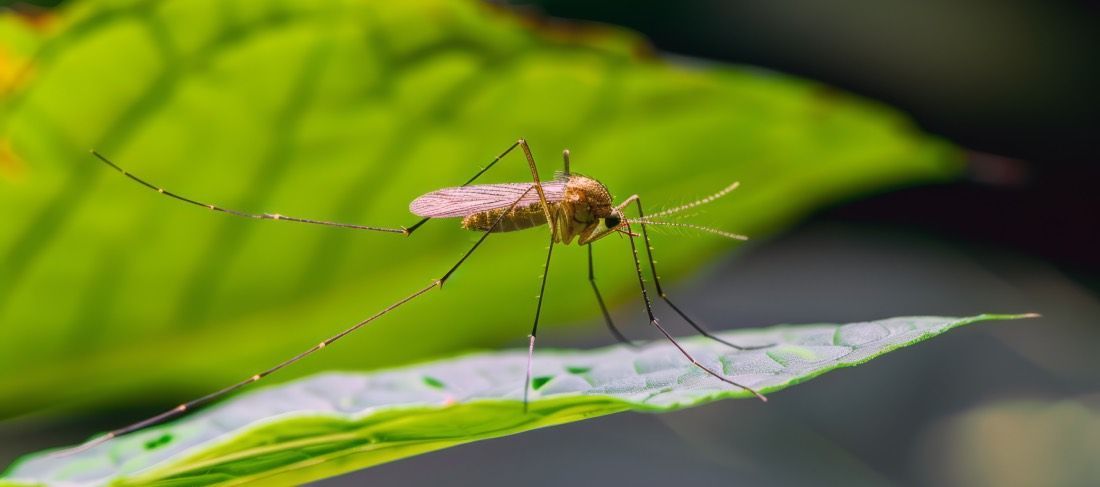
These diseases underscore the importance of taking preventive measures against mosquito bites in Fort Worth. Using mosquito repellents, wearing protective clothing, eliminating breeding sites, and considering professional mosquito control services are essential steps to reduce the risk of contracting these mosquito-borne illnesses. Public awareness and community efforts are crucial in combating mosquitoes and safeguarding public health in Fort Worth.
Preventive Measures Against Mosquito-Borne Diseases
Taking proactive steps to prevent mosquito bites in Fort Worth to reduce the risk of contracting mosquito-borne diseases. Here are effective preventive measures:
- Use of Mosquito Repellents: Apply EPA-approved mosquito repellents containing DEET, picaridin, or oil of lemon eucalyptus to exposed skin. These repellents effectively deter mosquitoes and reduce the likelihood of bites.
- Wearing Protective Clothing: When spending time outdoors, especially during dusk and dawn when mosquitoes are most active, wear long sleeves, pants, and socks. This minimizes exposed skin and reduces the chances of mosquito bites.
- Eliminate Standing Water: Mosquitoes breed in stagnant water. Regularly inspect and empty containers such as flower pots, birdbaths, and gutters to prevent water accumulation. Ensuring proper drainage around your property also helps eliminate potential breeding sites.
- Install and Maintain Screens: Use screens on windows and doors to prevent mosquitoes from entering your home. Repair any tears or gaps in screens to maintain their effectiveness.
- Mosquito Control Services: Consider professional mosquito control services in Fort Worth. Services such as larviciding treatments and barrier sprays can significantly reduce mosquito populations around your property, providing long-term protection against mosquito-borne illnesses.
By implementing these preventive measures, Fort Worth residents can effectively minimize exposure to mosquitoes and reduce the risk of contracting diseases such as West Nile Virus, Zika Virus, and others. Public awareness and proactive community efforts play a vital role in maintaining a healthy and
mosquito-free environment in Fort Worth.
Community and Government Efforts
Local governments in Fort Worth implement mosquito control programs to monitor and reduce mosquito populations in public areas. These efforts include surveillance, larviciding, and public education campaigns to raise awareness about mosquito-borne diseases and prevention strategies.
Conclusion
Mosquitoes in Fort Worth pose significant health risks through the transmission of various diseases. Taking proactive measures such as using repellents, wearing protective clothing, and eliminating breeding sites can help minimize these risks. Additionally, community-wide efforts and professional mosquito control services play a crucial role in reducing mosquito populations and protecting public health. By staying informed and implementing effective mosquito control strategies, Fort Worth residents can enjoy a safer and healthier outdoor environment throughout the year.
Texas Bug Slayers offers comprehensive
mosquito control services in Fort Worth, specializing in effective solutions to reduce mosquito populations and minimize the risk of mosquito-borne diseases. Their services include barrier sprays, larviciding treatments, and tailored mosquito management plans for residential and commercial properties.
